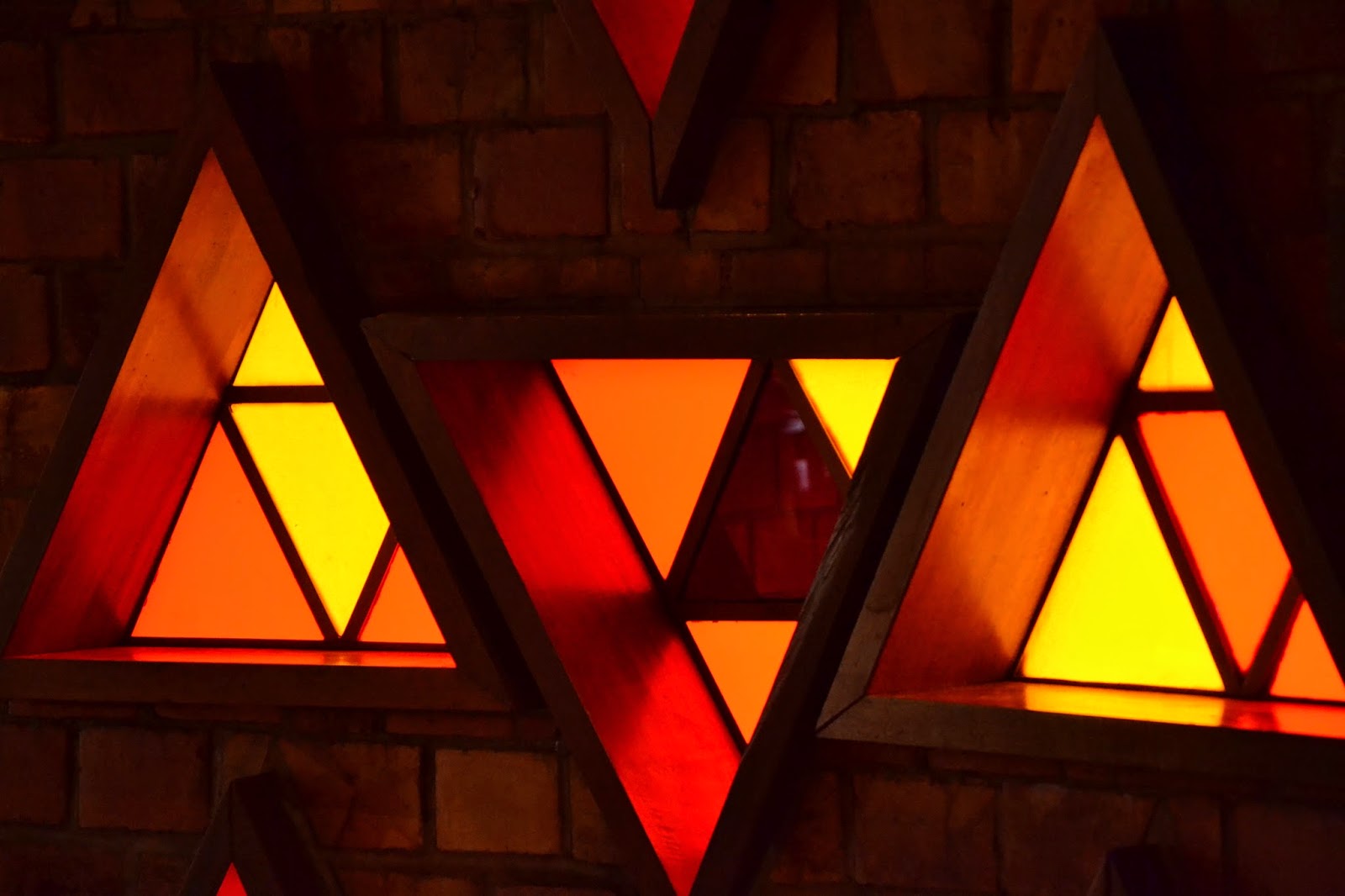Easter Monday Pilgrimage: Namugongo (Part 1)

U ganda is such a beautiful country with a beautiful history of the beginning of the Catholic Church. It is a country from which the natives easily embraced Christianity. They consecrated and dedicated their lives to discipleship; to following of the Christ. Easter Monday became a second opportunity for me to go and bend low in this Holy shrine, the root of the Catholic Church in my country and it was the first opportunity for some of my brothers. Fr. Peter Reilly guiding the group We were being guided by Fr. Peter Reilly M.Afr. a man of wide experience in Uganda. Their story animates our own story as Christians walking the same way of faith and as disciples responding to God’s question; whom shall I send? What touched me from Peter’s sharing about the Uganda Martyrs was their way of life, it was a journey that made their Catholic faith a story of wonder in history; the way they lived is what matters, death was simply the consequence of...



